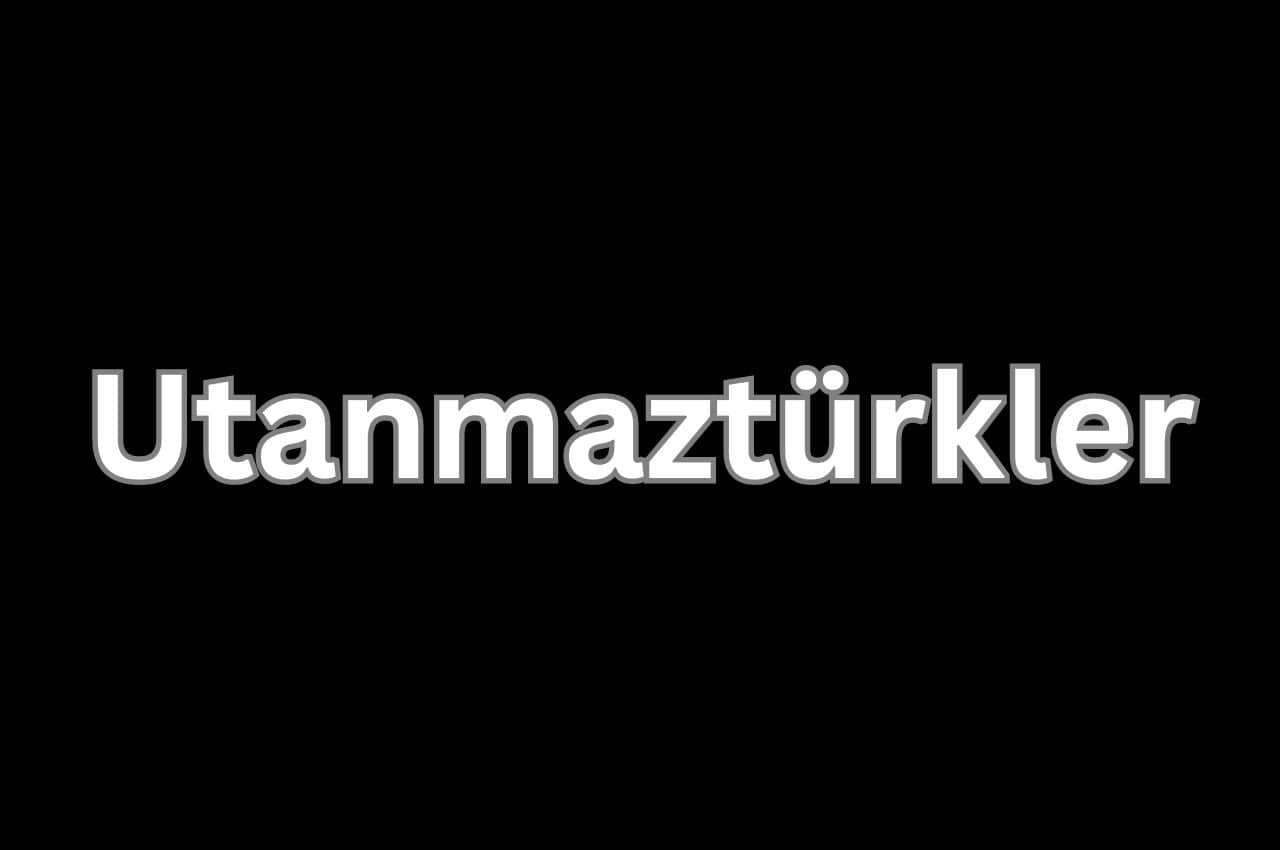Contents
Introduction
“Utanmaztürkler” is a derogatory term that translates to “shameless Turks” in English. This phrase is typically used in a demeaning context, often by individuals or groups seeking to criticize or insult people of Turkish descent. The term carries a strong negative connotation and is rooted in ethnic and nationalist tensions.
This article will explore the term’s origins, its usage in various contexts, and the implications of such derogatory language in societal discourse.
Historical Context
To understand the term “Utanmaztürkler,” it is crucial to consider the historical context in which it might be used. Historically, the relationship between Turkey and several of its neighboring countries has been fraught with conflict and tension. These historical animosities often stem from the Ottoman Empire’s legacy, Turkey’s role in regional politics, and issues related to ethnic and national identity.
- Ottoman Legacy: The Ottoman Empire, which preceded modern Turkey, ruled over a vast and diverse population across Southeast Europe, Western Asia, and North Africa. The empire’s expansion often led to tensions between the ruling Turks and various ethnic groups within the empire, including Armenians, Greeks, and Arabs. These tensions were exacerbated by nationalist movements in the 19th and early 20th centuries, leading to a legacy of resentment in some regions.
- Armenian Genocide: One of the most contentious issues in Turkish history is the Armenian Genocide, which occurred during World War I. The Ottoman government systematically exterminated 1.5 million Armenians, an event that has been widely recognized as genocide. However, the Turkish government’s denial of the genocide has fueled anger and resentment among Armenians and others, leading to the use of derogatory terms like “Utanmaztürkler” in certain circles.
- Modern Nationalism: In contemporary times, nationalism remains a powerful force in Turkey and among its neighbors. This nationalism sometimes manifests in the form of ethnic and religious chauvinism, with derogatory terms like “Utanmaztürkler” being used to express disdain or hostility towards Turks.
Usage in Media and Social Networks
The internet and social media have amplified the use of derogatory language, including terms like “Utanmaztürkler.” Such terms can be found in online forums, social media posts, and political discourse. The anonymity provided by the internet often encourages individuals to use inflammatory language without fear of immediate repercussions.
- Trolling and Harassment: On platforms like Twitter, Facebook, and Reddit, the term “Utanmaztürkler” may be used by trolls or individuals seeking to provoke or harass Turkish users or communities. This form of online harassment can have significant psychological impacts, contributing to a toxic environment in online spaces.
- Nationalist Rhetoric: The term is sometimes used in nationalist rhetoric, particularly in countries with historical conflicts with Turkey. It may appear in political speeches, propaganda, or nationalist publications to mobilize public opinion against Turkey or the Turkish people.
- Cultural and Artistic Representation: In some cases, derogatory terms like “Utanmaztürkler” may be used in cultural or artistic works to depict ethnic tensions or to critique certain aspects of Turkish society or government policies. However, such usage often sparks controversy and debate about the ethics of using offensive language in art.
The Broader Implications of Using Derogatory Language
Using terms like “Utanmaztürkler” has broader implications for societal discourse and interethnic relations. Language plays a crucial role in shaping perceptions, identities, and social dynamics, and derogatory terms can have lasting adverse effects.
- Perpetuating Stereotypes: Derogatory terms reinforce negative stereotypes about specific ethnic or national groups. For example, “Utanmaztürkler ” perpetuates the idea that Turks are inherently shameless or dishonorable, which is not only untrue but also harmful to social cohesion.
- Fostering Division: Using such language can deepen divisions between ethnic and national groups. It fosters an “us vs. them” mentality, which can lead to increased tensions, discrimination, and even violence.
- Impact on Identity: For individuals of Turkish descent, being labeled with a term like “Utanmaztürkler” can impact their sense of identity and belonging. It can lead to feelings of alienation, shame, or anger among younger generations still forming their cultural and national identities.
- Legal and Ethical Considerations: In some countries, derogatory language, including ethnic slurs, can have legal consequences. Hate speech laws are designed to protect individuals and groups from discriminatory or harmful language. However, the line between free and hate speech can be challenging, leading to ongoing debates about the limits of acceptable discourse.
Counteracting Hate Speech and Promoting Understanding
Promoting dialogue, education, and understanding is important to counteract the adverse effects of hate speech and derogatory language.
- Education and Awareness: Educating people about derogatory terms’ historical and social contexts can help reduce their usage. Schools, community organizations, and media outlets can play a role in raising awareness about the impact of hate speech and promoting respectful communication.
- Interethnic Dialogue: Encouraging dialogue between ethnic and national groups can help build bridges and reduce tensions. Initiatives for interethnic dialogue allow people to share their experiences, challenge stereotypes, and find common ground.
- Legal Frameworks: Strengthening legal frameworks to address hate speech can help protect individuals and communities from the harmful effects of derogatory language. However, balancing these laws with the need to protect freedom of expression is essential.
- Promoting Positive Narratives: Countering hate speech with positive narratives can help shift the conversation from division to unity. Highlighting stories of cooperation, understanding, and shared humanity can challenge the negative stereotypes perpetuated by terms like “Utanmaztürkler.”
Conclusion
“Utanmaztürkler” is a derogatory phrase rooted in historical tensions and nationalist rhetoric. Its use in modern discourse, particularly in social media and political contexts, underscores the ongoing challenges of ethnic and national identity in a globalized world.
By understanding the origins and implications of such language, we can work towards fostering a more inclusive and respectful society. Promoting dialogue, education, and legal protections against hate speech are crucial steps in this process, helping to bridge divides and build a future where all individuals are valued and respected, regardless of their ethnic or national background.
Ethan Cole is a versatile writer at hsnime.co.uk, offering fresh perspectives and engaging content across various topics. With a passion for creativity and knowledge, Ethan aims to provide insightful articles that resonate with a diverse audience.










